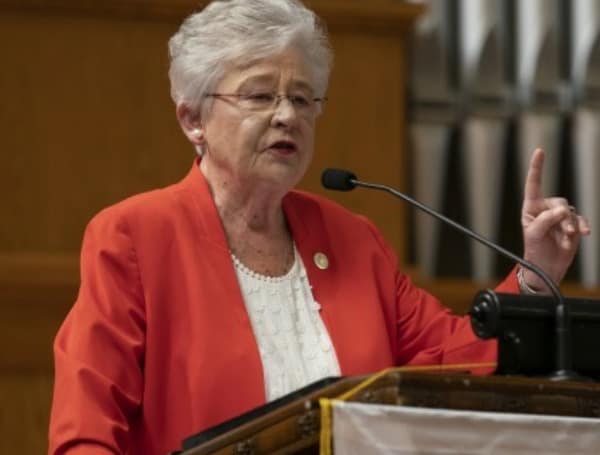Alabama Governor Kay Ivey Alabama Governor Kay Ivey signed a bill into law Wednesday that bans diversity, equity, and inclusion (DEI) programs in
Alabama Governor Kay Ivey signed a bill into law Wednesday that bans diversity, equity, and inclusion (DEI) programs in public schools and universities.
The legislation, known as Senate Bill 129, has sparked intense debate and drawn criticism from various groups.
In a statement shared with CNN Wednesday, Gov. Ivey said her administration “will continue to value Alabama’s rich diversity,” but she vowed to stop DEI supporters and proponents from pursuing a “liberal political movement counter to what the majority of Alabamians believe.”
Read: The Country: Bloodbath!, Defund The Speech Police, Ironic Propaganda And TikTok Travesty
Senate Bill 129, authored by Republican Senator Will Barfoot, aims to prohibit public entities, including schools and universities, from promoting DEI programs that are perceived as promoting divisive concepts.
The bill argues against teachings that assign fault, blame, or bias to any race, religion, gender, or nationality. It also discourages the notion that individuals are inherently responsible for actions committed in the past.
Furthermore, the bill includes provisions that prevent transgender individuals from using public bathrooms that align with their gender identity.
These measures have intensified the controversy surrounding the legislation, as critics argue they infringe upon the rights and dignity of transgender individuals.
Read: First Lady Casey DeSantis Awards $60,000 In Hope Florida Funds To Six Nonprofit Orgs
Alabama is not the first state to introduce legislation targeting DEI programs in public institutions.
Similar bills have been passed in other states, such as in Florida, where Governor Ron DeSantis signed a bill prohibiting DEI programs and jobs on college campuses.
The University of Florida subsequently fired its diversity staff.
The national context surrounding DEI programs remains contentious. Some argue that these programs are necessary to address historical inequities and create a more inclusive society.
Others maintain that such programs perpetuate division and unfairly prioritize certain groups over others.
Help support the Tampa Free Press by making any small donation by clicking here.
Android Users, Click To Download The Tampa Free Press App And Never Miss A Story. Follow Us On Facebook and Twitter. Sign up for our free newsletter.

